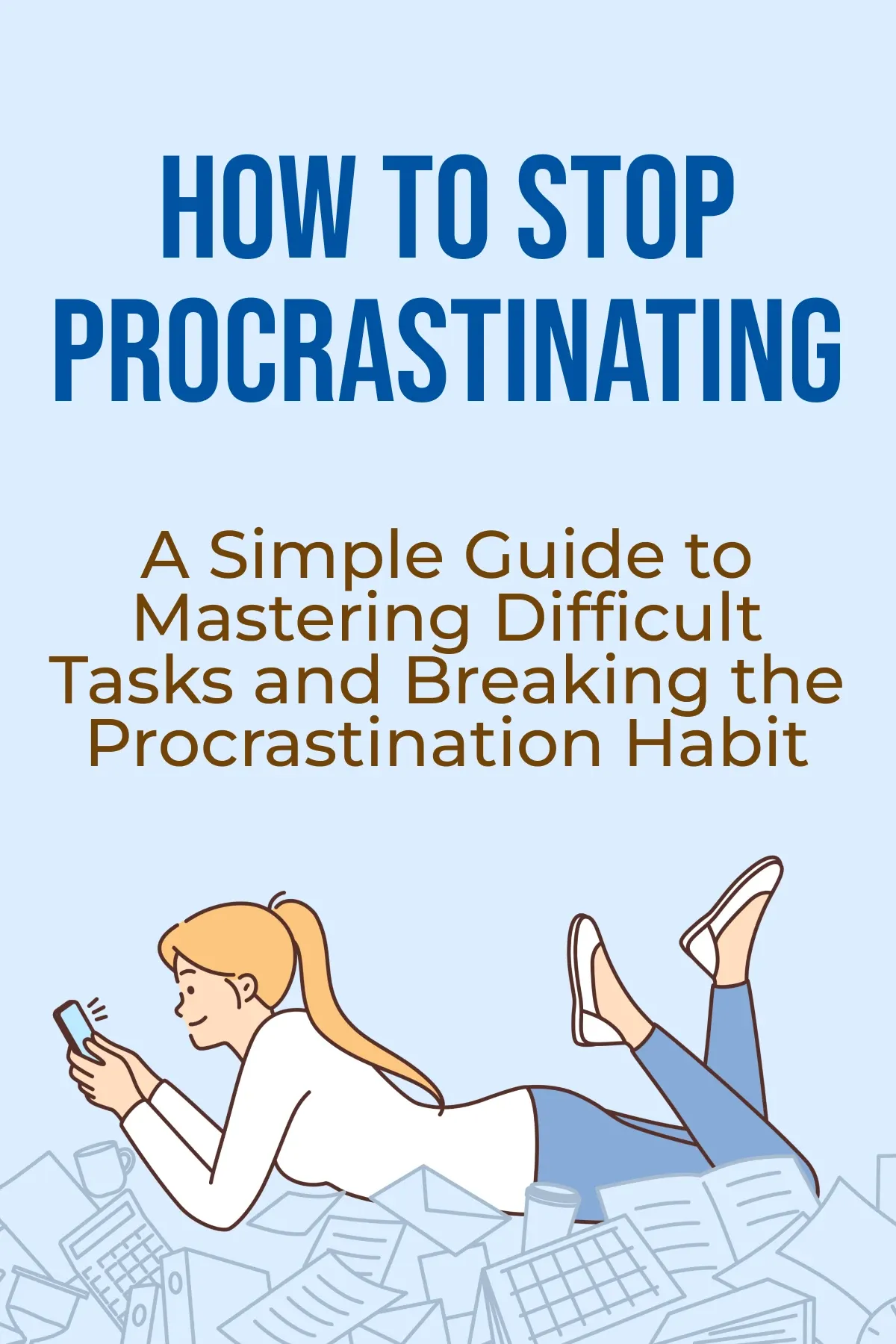
So Good They Can't Ignore You
Brief Summary
Do you believe you should “follow your passion” for career success? Cal Newport argues that preexisting passions are rare and often lead to anxiety and job hopping. That’s why he drew up a blueprint for crafting a fulfilling career based on excellence and value creation. Change your perspective on careers, happiness, and living a remarkable life with “So Good They Can’t Ignore You.”
Topics
Key points
Key idea 1 of 6
How often have you heard someone say, “Just follow your passion?” It seems that this piece of advice appears in the majority of self-help books and motivational speeches. This is what Newport calls the Passion Hypothesis: figure out what your passion is and find a job according to it. But if we examine this idea closely, we can see that it’s really flawed.
In his commencement speech at Stanford University, Steve Jobs famously said: “You’ve got to find what you love. If you haven’t found it yet, keep looking, and don’t settle.” This speech went viral, cementing the idea that success comes from following your passion. However, this piece of advice is not a cure-all. Consider this: even Jobs’s path reveals that passion followed success, not vice versa.
Before Apple, Steve Jobs was more interested in Western history and dabbled in Eastern mysticism. He started working at Atari mainly to make ends meet. Apple itself was born from a “small-time” scheme when Jobs noticed local enthusiasm for kit computers and pitched Wozniak on making circuit boards. Sure, Jobs eventually grew passionate about his work. However, the notion that simply following your passion guarantees success didn’t hold true for him or many others.
Careers based on passion are less common than we like to believe. We can be passionate about several things, none of which may be suitable for a career. A 2002 questionnaire by psychologist Robert J. Vallerand proves this. 539 Canadian university students were asked about having a passion, and the majority did. The most common passions were dance, hockey, skiing, or reading. Realistically speaking, those are not the most promising things career-wise for the majority of people.
This doesn’t mean you should do something you don’t like. But it does mean that relying on the Passion Hypothesis can make us miserable. Don’t underestimate the fact that passion takes time. You don’t just automatically grow passionate about something and start succeeding. You begin, take an interest, explore, and your passion becomes the fuel that keeps you moving. This is a more balanced and practical approach.
FAQ
You may also like these summaries










